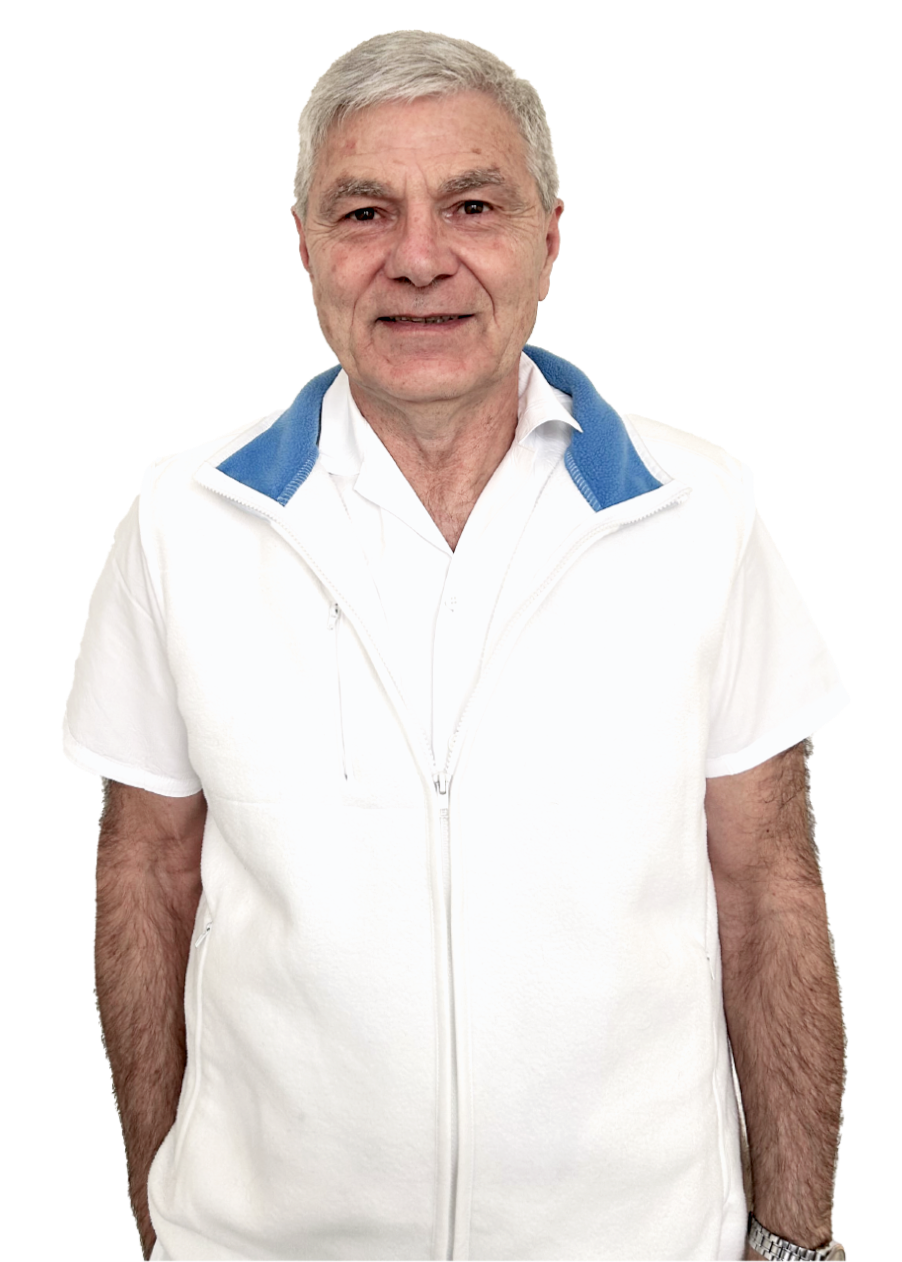Supraventricular tachycardia
With some exceptions, supraventricular tachycardias generally have good prognosis, especially if no other significant heart disease is known. Difficulties and symptoms mostly arise.
What is Supraventricular Tachycardia?
Physiological (resting) heart rate ranges between 60-100/minute.
Supraventricular tachycardia (abbr. SVT) refers to a condition where there is a sudden rise in heart rate above 100/minute (normally above 150-200/minute). The condition very often starts completely unexpectedly from full health, lasts seconds, minutes, even tens of minutes and ends spontaneously, suddenly. In cardiology, we distinguish a large number of different SVTs. In the vast majority of cases, these are non-serious rhythm disorders that only annoy and are unpleasant for their wearers – rapid heartbeat, palpitations, shortness of breath, dizziness, and even states before collapse.
What causes supraventricular tachycardia?
Very simply, the principle is abnormal activation of the heart’s atria. Some predispositions may be innate, others arise during life. Supraventricular tachycardia occurs at any age and is more commonly found in women. The first episodes of heart palpitations can already be in adolescents.
What are the risks of supraventricular tachycardia?
With some exceptions, supraventricular tachycardias generally have a poor prognosis, especially if no other significant heart disease is known. Difficulties and symptoms arise from a high heart rate, which can rarely lead to collapse.
What is the treatment for supraventricular tachycardia?
Treatment can be divided into acute, that is, during a fast-running heart rhythm disorder – from various so-called vagal maneuvers to the application of special drugs into a vein to stop the arrhythmia, and chronic treatment, which consists in removing the rhythm disorder using special catheters (professionally, catheter ablation ). It is safe and has a very high long-term success rate.
What can I do if I have been diagnosed with supraventricular tachycardia?
It is advisable to inform your attending physician, i.e. a cardiologist, about the finding. Based on the documented ECG recording and the patient’s difficulties, he will choose the optimal treatment procedure, including, for example, the indication for catheter ablation.
doc. MUDr. Ivo Oral, CSc.
Olomouc, Czech Republic

MUDr. Zdeňka Pospíšilová
Brno, Czech Republic

MUDr. Pavla Gablasová, Ph.D.
Brno, Czech Republic
